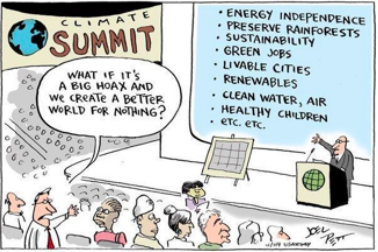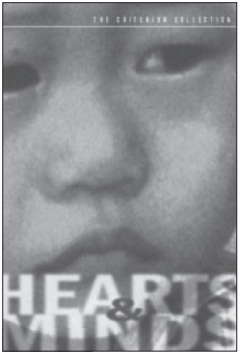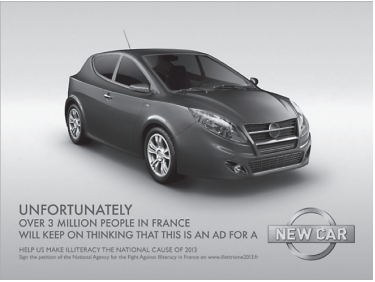Leia o texto a seguir e responda à questão.
A schematic summary would say as follows: At a founding time, romantic fiction saw the
peculiarities of the Brazilian family life under the picturesque and the national identity signs, over
which it laid some more or less feuilletonist fabling. The combination, in line with the needs of
the young country, was very successful. Although irreverent, the emphasis on mirroring and its
somewhat regressive accomplice character formed a positive sign on our particular traits. One
generation later, Machado used in a different manner the same thematic, ideological, and aesthetic complexity, this time without the covering mists of local color and patriotic self-congratulation. The
large Brazilian family was now observed from the point of view of the enlightened dependent,
who was part of it and transformed it into a problem. This is a special system of relationships, with
its own structure, resources and problems, which needed to be analyzed. Its difference was a sign
of primitiveness, because the tacit measure of the dependent was the Rights of Man, which were
effective, in principle, in other regions. The narrator’s fondness shifted to the heroine’s struggles
against injustice, which was also portrayed in a feuilletonist fashion. As for the opposing side, it was
inevitable that the conflict arrangement, as it developed from book to book, made more visible the
negative traits of the landowner. These traits absorbed and reflected precisely, as a fault, the absurd
lack of balance between the classes. Using the consequences of this very lack of balance, which
gave no signs of internal regeneration, Machado invented the formula that would characterize his
mature works and make him a great writer. He did not surrender to the easy delights of romantic
picturesqueness. Likewise, he now renounced the unanimous fondness towards the moderate
narrator and his good causes.
The new artistic device dealt indirectly with dependents’ frustrations and directly with their
abandonment by landowners – the peripheral society incapable of integration resonated. The
scope of the formal arrangement, which challenged the secular spirit’s superstitions, especially the
trust in progress and in benevolence, is uncomfortable to this day. The insinuating personification
of an elite narrator enviably civilized and deeply involved in oppressive relationships, which he
arranges and judges himself, is a chess move that disarranges the narrative board, making the game
more real. The process challenges readers in every line: it teaches them to think by themselves; to
discuss not only the issues, but also their presentation; to consider the narrators and authorities
– always the interested party – from a distance, even if they are eloquent; to doubt the civilizing
and national commitment of the privileged, particularly in young countries, where this intention
plays a major role; to feel an aversion to the imaginary consolations of romanticism, manipulated
by the narrative authority to its own benefit. The process teaches, above all, that the combination
of the cosmopolitan and the excluded spheres may be stable, without a feasible solution. This
demonstration is a juicy one because it illustrates and examines the nation’s “delicious” mechanisms
– to use the Machadian term – of the non-bourgeois reproduction of the bourgeois order. However,
the demonstration is also universal to some extent, because globally, unlike what it seems, this
reproduction is the rule, not the exception.
The heroines of the first novels are not very interesting because their precarious social status is
distorted by the romantic cliché. Their vicissitudes, however, stress the antagonistic class traits, whose
figure has literary originality. In the novels of the second phase, once the angle is inverted, it is the
poor who appear in the subjective mirror of owners, where the prisms are either that of bourgeois
individualism or of paternalistic domination, according to the selfish convenience impudence. The dependent becomes extraordinarily relevant in that light. They are portraits of the powerless that
get no recognition for the value of work, no rights protected, and no compensation by divine
providence. It is the social vacuum generated by modern slavery to freedom without possessions,
another issue that, mutatis mutandis, lives on.
In the same line of advanced resonance of the primitiveness, notice how the extra bourgeois aspect
of local issues works, and also the narrative relationship itself: at times it is only a shift in the rule;
at times it is a movement in its own right, which escapes the dominating definitions and discovers
unknown land. To give an idea, compare the part of authority in the definition and dissolution of
characters, themselves or others; the relationships between personal separation and the experience
of time, between command and insanity – often by the ones in charge; the extra scientific
dimensions of science, with its authoritarian and sadistic roles; the overall difference that generates
a point of view, etc. In this manner, Machadian fiction and the advanced literature of his time
converged – both tried to release other realities under the bourgeois reality. As a mere indication, it
is worth mentioning a few similarities, rather at random, in the innovative field, such as Dostoievski,
Baudelaire, Henry James, Tchekov, Proust, Kafka, and Borges. Machado’s classical derivations are
countless and have led critics to find his merit there, which hinders the understanding of the up-todateness and advanced character of his experimentation.








